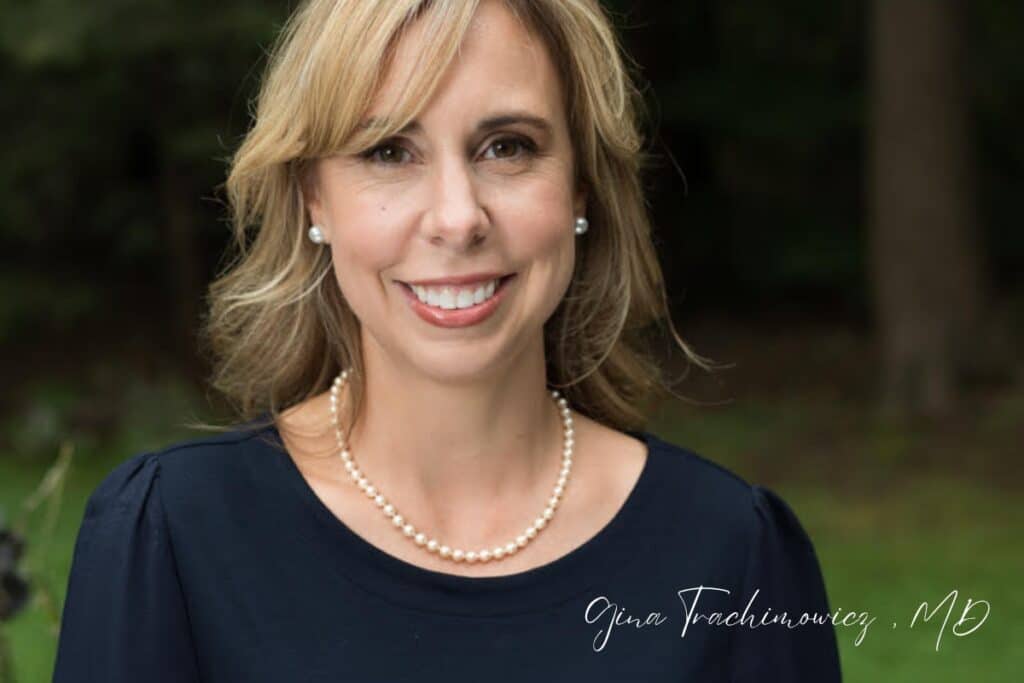
Safety, science and health – what sets the nonprofit milk bank apart . . .
“Every day is about making 100% sure that the pasteurized donor human milk we distribute is safe for every baby who receives it. These babies range from healthy full-term infant who receives a little donor milk while mom is building up her milk supply to the severely medically fragile preterm baby who is fighting for their future in a hospital neonatal intensive care unit. We are here for all these babies. And our regulations and practices must ensure the highest levels of safety, commitment, and integrity,” explains Deborah Youngblood, CEO of Mothers’ Milk Bank Northeast and mom of three.
Everyone at the milk bank is dedicated to the mission of providing every baby with the opportunity to thrive. Our focus is on supporting family and community health by providing safe, pasteurized, donor human milk. Our donor screening and engagement team, as well as our lab team, implement highly regulated practices to ensure safety. This is what distinguishes us as an accredited nonprofit milk bank. We are overseen by both Federal Food and Drug Administration (FDA) agency and the nationally recognized Human Milk Banking Association of North America (HMBANA) that set safety standards for nonprofit milk banks and regularly audits their operations.
The more you know – understanding and transparency . . .
So how does it all work? As an organization we work hard to build broader public understanding of what a milk bank is and how donor milk supports maternal and infant health. We partner with medical professionals to spread the word and use our own communications to promote visibility. Families who may require donor milk for their baby can benefit from understanding the safety and health benefits of donor milk, helping reduce parental stress when weighing the feeding options for their newborn.
It is also important for parents to know about the importance of milk donation so that if they have more milk than their own baby needs, they consider donating it to other infants in need. Our regulations require that all milk donors reach out to us. We are not allowed to “recruit” milk donors, and we never provide any incentive or payment (for ethical and safety reasons). Furthermore, we ensure the quality and safety of each drop of human donor milk by ensuring that all donors complete a detailed health screening and blood tests to protect against infectious disease transmission and other risks. These solid practices distinguish nonprofit milk banks from many other sources of human donor milk.
Safety first. Safety foremost . . .
Once a milk donor has been approved to donate, their gift of frozen human milk is welcomed in milk bank doors. Our team of lab techs check the donor milk in, carefully documenting who provided it and other details like expiration dates. They also analyze the milk to help us create the most nutritious possible milk batches.
Every day, techs pull donor milk out of our frozen supplies and thaw it. They then pool batches from typically five individual milk donors. This is a scientifically proven strategy to increase nutritional content. After the milk has been batched, it goes into a separate lab space. It’s stirred for 15 minutes so that every bottle filled is nutritionally consistent. Once bottled in sterile bottles, the milk is pasteurized using the Holder method. This is the standard pasteurization method for accredited milk banks. It has been shown to eliminate bacteria while retaining the majority of the milk’s many beneficial components. Post-pasteurized milk samples are then sent to an independent lab for microbiological cultures and only milk that passes these tests is dispensed.
Orders for donor milk are received Monday through Friday. Our distribution team can overnight milk orders placed in the morning that same day. We provide donor milk to over 100 hospitals throughout the region, multiple outpatient clinics, and hundreds of families. To ensure safety, we track every batch of milk in our database so that if there is ever a question about which milk donor contributed to an individual bottle or where that individual bottle was received, we can answer those questions immediately. In the event that donor milk bank supplies are limited, the highest-risk babies receive donor milk first.
Every day and every baby . . .
Our dedicated team shows up every day to ensure the safety and benefits of each drop of milk. We exist to help families who need donor milk to bridge the nutritional gap when mother’s own milk is unavailable. Doctors and parents can be assured that if human donor milk is recommended it is safe to the very last drop.
Many thanks to our Medical Director, Gina Trachimowicz, MD, who graciously served as guest author.
“As a Neonatologist, I recognize that it is a privilege to care for the most vulnerable infants and their families. I am committed to ensuring the highest quality of care in order to achieve optimal outcomes for our sickest infants. I have experience and expertise in the development and implementation of a variety of quality improvement initiatives within the NICU setting, as well as developing evidence based guidelines to improve clinical care. Outside of work, I enjoy spending time at home with my family. We love being active and spending time outdoors – Gina Trachimowicz, MD





